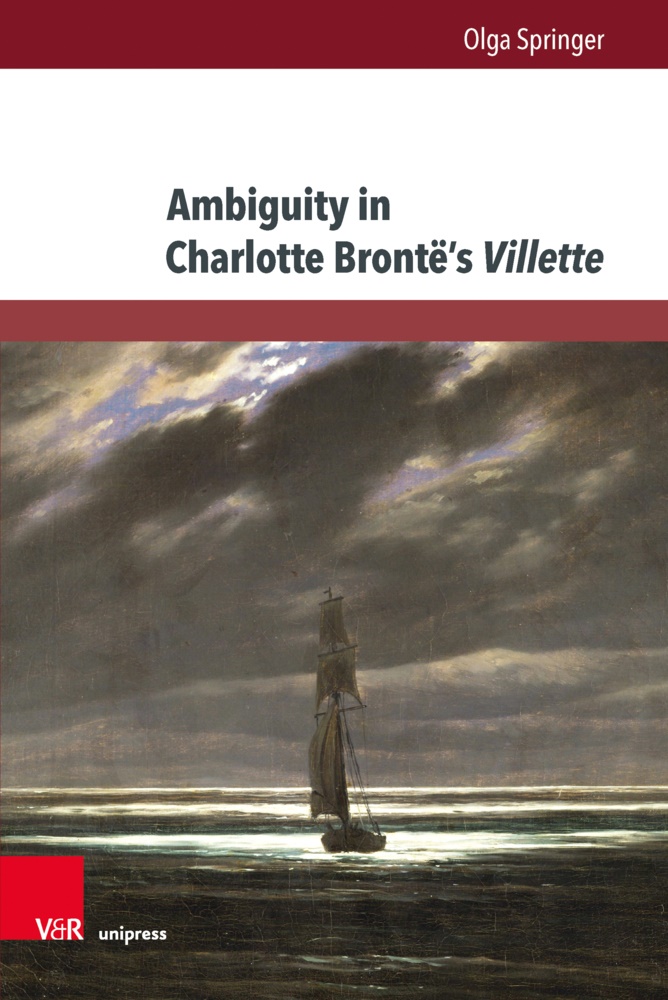Description
Product details
| Authors | Olga Springer |
| Publisher | V&R unipress |
| Languages | English, German |
| Product format | Hardback |
| Released | 01.01.2020 |
| EAN | 9783847111191 |
| ISBN | 978-3-8471-1119-1 |
| No. of pages | 283 |
| Dimensions | 156 mm x 21 mm x 236 mm |
| Weight | 537 g |
| Series |
Close Reading Close Reading / Series for Literary and Cultural Studies |
| Subjects |
Humanities, art, music
> Linguistics and literary studies
> English linguistics / literary studies
Literaturwissenschaft, Sprachwissenschaft, Linguistik, zweite Hälfte 19. Jahrhundert (1850 bis 1899 n. Chr.), Literaturwissenschaft, allgemein, Charlotte Brontë; Ambiguität; Englische Literatur; Viktorianische Literatur; Schiffbruch; Allegorie; Identität; Zweifel; Fiktive Autobiographie; English literature; Victorian literature; Shipwreck; Allegory; Identity; Doubt; Fictional autobiography |
Customer reviews
No reviews have been written for this item yet. Write the first review and be helpful to other users when they decide on a purchase.
Write a review
Thumbs up or thumbs down? Write your own review.

